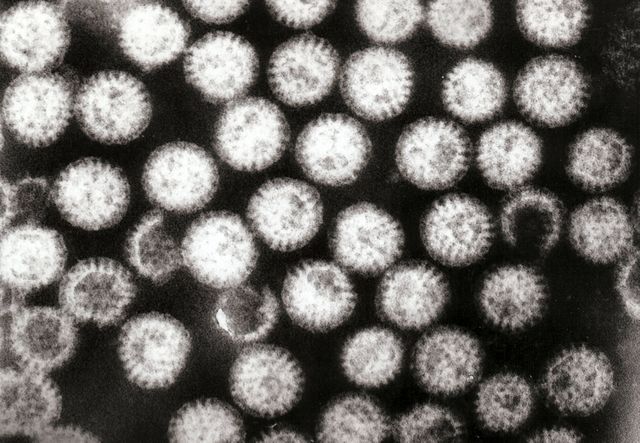Diarrhea: Difference between revisions - Wikipedia
 Article Images
Article Images
Content deleted Content added
Tags: Mobile edit Mobile web edit |
|||
Line 55: ===Osmotic=== Osmotic diarrhea occurs when too much water is drawn into the bowels. If a person drinks solutions with excessive sugar or excessive salt, these can draw water from the body into the bowel and cause osmotic diarrhea.<ref name=WHOtreatmentdiarrhoea2005>{{cite web|url = http://whqlibdoc.who.int/publications/2005/9241593180.pdf|title = The Treatment Of Diarrhea, A manual for physicians and other senior health workers|publisher = [[World Health Organization]]|version = Sometimes needs to be downloaded twice. See "4.2 Treatment Plan A: home therapy to prevent dehydration and malnutrition," "4.3 Treatment Plan B: oral rehydration therapy for children with some dehydration," and "4.4 Treatment Plan C: for patients with severe dehydration" on pages 8 to 16 (12–20 in PDF). See also "8. Management of Diarrhoea with Severe Malnutrition" on pages 22–24 (26–30 in PDF) and "Annex 2: Oral and Intravenous Rehydration Solutions" on pages 33–37 (37–41 in PDF).|year = 2005|url-status = live|archive-url = https://web.archive.org/web/20111019172153/http://whqlibdoc.who.int/publications/2005/9241593180.pdf|archive-date = 19 October 2011|df = dmy-all}}</ref><ref name="MoonZhang2015"/> Osmotic diarrhea can also result from maldigestion, e.g. pancreatic disease or [[coeliac disease]], in which the nutrients are left in the [[Lumen (anatomy)|lumen]] to pull in water. Or it can be caused by osmotic [[laxatives]] (which work to alleviate [[constipation]] by drawing water into the bowels). In healthy individuals, too much [[magnesium]] or [[vitamin C]] or undigested [[lactose]] can produce osmotic diarrhea and distention of the bowel. A person who has [[lactose intolerance]] can have difficulty absorbing lactose after an extraordinarily high intake of dairy products. In persons who have [[fructose malabsorption]], excess fructose intake can also cause diarrhea. High-fructose foods that also have a high glucose content are more absorbable and less likely to cause diarrhea. [[Sugar ===Exudative=== | |||